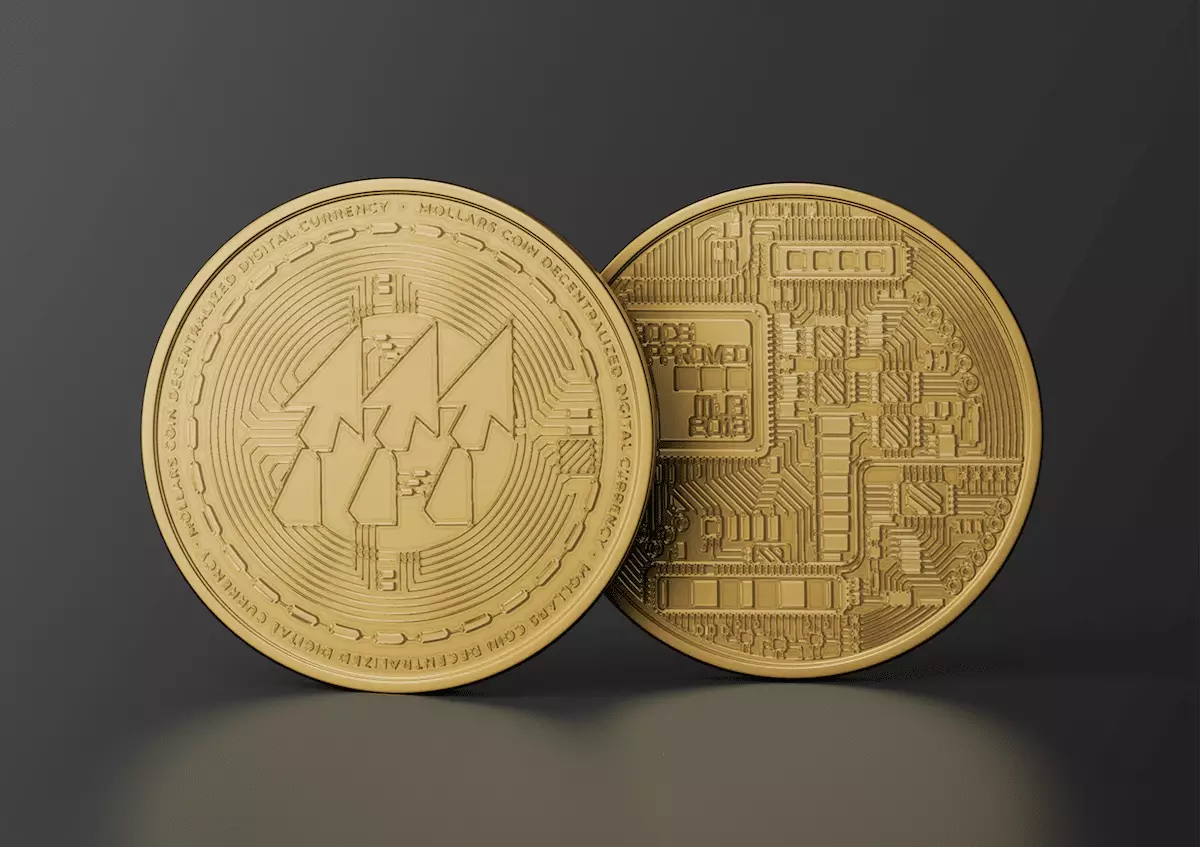The cryptocurrency community was recently shaken by the sudden shutdown of the Mollars.com domain, which belonged to the “Mollars Cryptocurrency Project.” Concerns arose among investors when the domain was relocated to Mollars.CC without any explanation. To address the situation, a public service announcement was shared on Twitter, revealing that the domain had been hijacked by NJAL.LA, a domain registry company. The company’s terms and conditions stated that they actually owned the domains registered with them. Despite ongoing efforts to regain control of the domain, the project has decided to focus on building their new domain, Mollars.cc.
Upon conducting a brief search on NJAL.LA, it quickly becomes apparent that the company has a questionable reputation. Search results reveal shocking claims of scam and domain theft associated with NJAL.LA. Despite presenting itself as a decentralized domain registry, the company actually purchases domains for clients and retains ownership under their own name without informing the clients. Their “about us” page vaguely mentions this arrangement, providing legal protection for the company but leaving the true ownership of the domain ambiguous.
Adding to the company’s dubious reputation is the revelation that NJAL.LA’s founder and owner is Peter Sunde, the co-founder of Pirate Bay, a highly controversial internet site. This connection raises further concerns about the credibility and integrity of NJAL.LA. Investors in the Mollars project, in particular, who aim to establish a reputable cryptocurrency, find themselves at odds with the company behind their targeted domain.
The hijacking of the Mollars.com domain not only jeopardizes the project’s reputation but also affects investor confidence. A domain ending in “.com” is generally viewed as more trustworthy compared to alternatives like Mollars.CC, which, although more descriptive of cryptocurrency, may not inspire the same level of confidence. While presale investors may remain unfazed, no investor wants their project tainted by association with a company involved in questionable practices.
Despite the domain debacle, the Mollars project ensures investors that their funds remain secure. It is crucial to note that cryptocurrency funds, including those from token presales, are not stored on the actual domain but in a crypto wallet with a unique key. Furthermore, a smart contract adds an extra layer of security to ensure funds are directed correctly. Therefore, the domain hijacking orchestrated by Peter Sunde should not have any impact on the safety of investors’ funds.
It is speculated that NJAL.LA engages in domain hijacking to profit from valuable domains in the future. Domains like Mollars.com, especially within competitive niches like cryptocurrency, have the potential to generate significant revenue through type-in and search engine results page (SERP) traffic. These domains can be resold on the black market for substantial sums. Additionally, companies like NJAL.LA may engage in backdoor deals, accepting payments from rival brands to acquire their competitors’ domains. Such practices can be highly profitable for a fake domain registry company.
Despite the challenges posed by the domain hijacking, the Mollars project remains resilient. Investors can stay updated on the progress of the Bitcoin-alternative’s token presale by visiting Mollars.cc. There is still a possibility that the original Mollars.com domain may be returned to the project creator in the future. As of now, the Mollars ICO has raised nearly $520,000 and is on track to sell all 4 million tokens in the presale supply by the end of the month.
The domain registry company NJAL.LA has come under intense scrutiny due to its deceptive practices. The hijacking of the Mollars.com domain has raised serious concerns among investors, who now question the legitimacy of the company. The association with Pirate Bay’s founder adds further doubt to NJAL.LA’s credibility. Nonetheless, the Mollars project remains undeterred in its mission to establish a reliable cryptocurrency. Investors can take solace in the fact that their funds are safe and that efforts are underway to regain control of the domain.



Leave a Reply